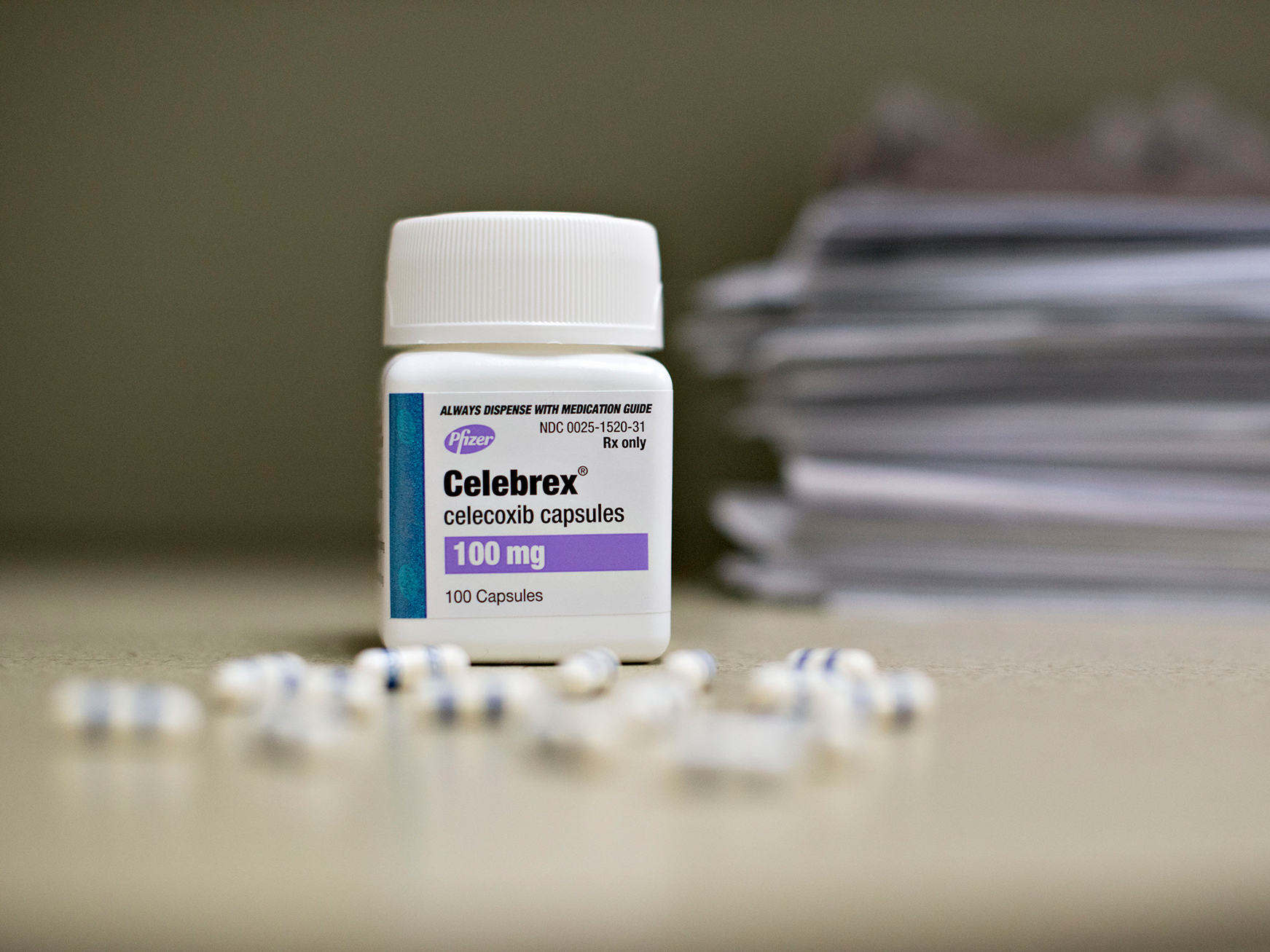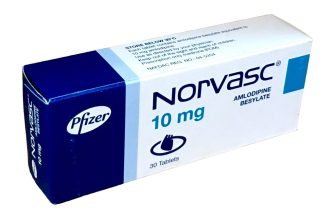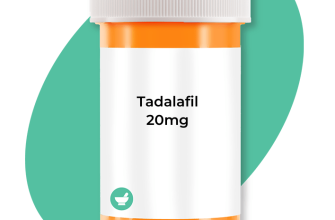For those managing pain associated with arthritis or acute pain after surgery, Celebrex emerges as a viable option. This prescription medication, known generically as celecoxib, effectively reduces inflammation and alleviates discomfort. Taking it as directed can significantly enhance daily functioning and overall quality of life.
When considering Celebrex, discuss any personal health issues with your healthcare provider. It’s crucial to disclose any history of heart disease, high blood pressure, or kidney problems. Your doctor will assess these factors before prescribing Celebrex, ensuring it’s a suitable choice for you.
While Celebrex offers advantages, like a lower risk of gastrointestinal side effects compared to traditional NSAIDs, monitoring for possible complications remains essential. Patients should report any unusual symptoms, such as swelling or difficulty breathing, as these could indicate adverse reactions. Regular follow-ups will help manage dosage and ensure its continued effectiveness in your treatment plan.
Prescription Medications: Celebrex
Celebrex is a nonsteroidal anti-inflammatory drug (NSAID) commonly prescribed to relieve pain and inflammation associated with conditions such as arthritis, acute pain, and menstrual pain. The active ingredient, celecoxib, works by inhibiting the enzyme responsible for the formation of prostaglandins, which play a key role in pain and inflammation.
Dosage typically starts at 200 mg per day, divided into one or two doses, based on the specific condition being treated. For some conditions, your healthcare provider may increase the dosage to a maximum of 400 mg daily. Always follow your doctor’s instructions regarding dosage to ensure maximum benefit while minimizing potential side effects.
Monitor for common side effects, including stomach upset, diarrhea, and headache. Serious risks include cardiovascular issues and gastrointestinal bleeding, which can occur, especially in those with pre-existing conditions. Regular check-ups with your healthcare provider are important to assess any risk factors.
Avoid taking Celebrex if you have a history of allergic reactions to sulfa drugs, as this medication contains a sulfonamide group. Inform your physician of all medications you are currently taking, including over-the-counter drugs and supplements, to prevent interactions.
For long-term use, discuss the benefits and risks with your healthcare provider regularly. It is essential to balance pain management needs with the potential for serious side effects. Celebrex remains a valuable option for many patients, providing relief while allowing for a functional lifestyle.
Understanding Celebrex: Indications and Uses
Celebrex is indicated for the management of mild to moderate pain, as well as the relief of signs and symptoms associated with osteoarthritis and rheumatoid arthritis. Its active ingredient, celecoxib, functions as a nonsteroidal anti-inflammatory drug (NSAID), specifically a COX-2 inhibitor. This selectivity helps reduce inflammation while minimizing gastrointestinal side effects that are common with traditional NSAIDs.
Common Conditions Treated with Celebrex
This medication effectively addresses various conditions, including:
- Osteoarthritis: Celebrex alleviates joint pain and improves mobility.
- Rheumatoid Arthritis: It aids in reducing inflammation and pain associated with this autoimmune disorder.
- Acute Pain: Celebrex provides relief from short-term pain episodes.
- Dysmenorrhea: It is also beneficial for managing menstrual pain.
Potential Benefits and Considerations
Celebrex offers the advantage of once-daily dosing for many patients, which can enhance medication adherence. However, individuals should consult their healthcare provider to determine suitability, especially if there are pre-existing conditions such as cardiovascular disease or a history of gastrointestinal bleeding. Regular monitoring is advised to manage potential side effects and ensure optimal benefits.
Always follow the prescribed dosage and discuss any concerns with a healthcare professional to maximize the therapeutic effects of Celebrex while minimizing risks.
Dosage and Administration of Celebrex
The recommended starting dose of Celebrex (celecoxib) for adults with osteoarthritis is 200 mg daily, taken as a single dose or divided into two doses. For rheumatoid arthritis, the typical dose is 100 mg to 200 mg twice a day, with adjustments based on individual response and tolerance.
Patients with acute pain or dysmenorrhea may benefit from an initial dose of 400 mg, followed by 200 mg if needed on the first day. After that, 200 mg daily may be continued. For pediatric patients aged 2 years and older, the dosing is weight-based, typically at a range of 2 mg to 10 mg per kg per day, not exceeding 400 mg total per day.
Take Celebrex with food to help reduce the risk of gastrointestinal side effects. Ensure proper hydration by drinking plenty of water, especially if taking higher doses. Avoid exceeding 400 mg per day due to increased risk of cardiovascular adverse effects and gastrointestinal complications.
Monitor for any signs of allergic reactions, gastrointestinal bleeding, or unusual weight gain while on treatment. Adjust dose for patients with renal impairment and those taking additional medications to minimize interactions. Consult a healthcare provider for specific recommendations tailored to personal health conditions and other medications being taken.
Potential Side Effects and Interactions of Celebrex
Regularly monitor for side effects when taking Celebrex. Common side effects may include:
- Stomach pain
- Nausea
- Diarrhea
- Headache
- Dizziness
In some cases, people may experience more severe reactions:
- Chest pain
- Shortness of breath
- Slurred speech
- Unusual weakness
- Swelling of the face, lips, or throat
Seek immediate medical attention if these symptoms occur. Your healthcare provider may adjust your dosage or switch medications based on your response.
Interactions with other medications can enhance the risk of side effects. Be cautious with the following:
- Anticoagulants (e.g., warfarin) – increased bleeding risk
- Diuretics – potential for kidney issues
- Aspirin and other NSAIDs – elevated risk of gastrointestinal problems
- Lithium – can increase lithium levels in your body
- Certain antidepressants – increased risk of side effects
Always inform your doctor about all medications, supplements, and herbal products you are taking. Regularly scheduled check-ups ensure safe and effective use of Celebrex.
Monitor your health closely. Keeping a symptom diary may assist in tracking any adverse reactions. Discuss any concerns with your healthcare professional promptly.










